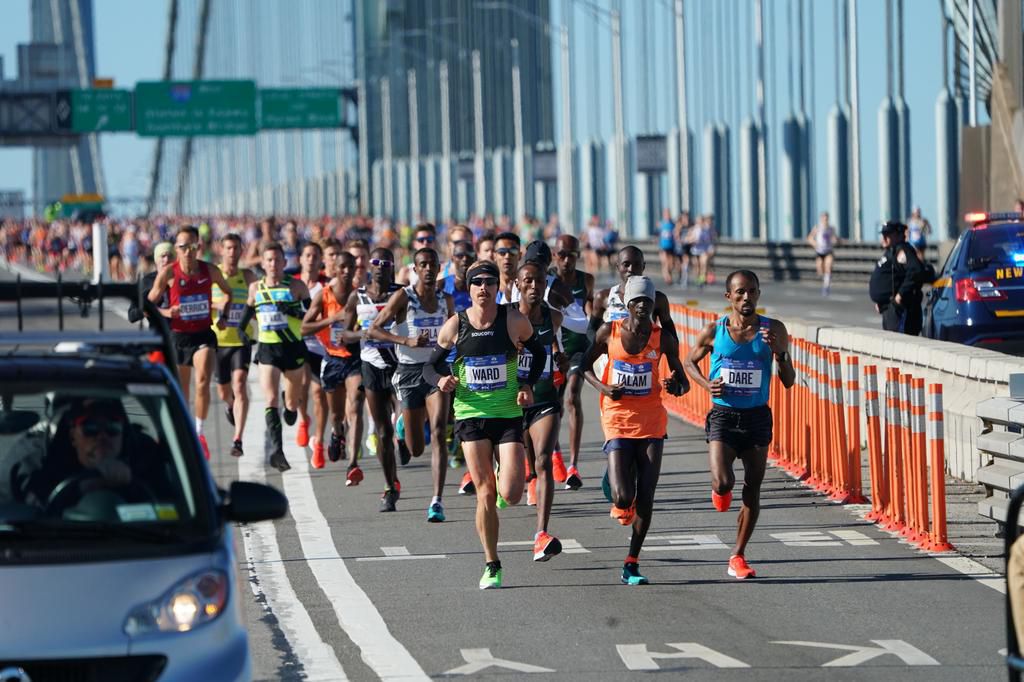These Scientists Predict We'll See a Sub-2:00 Marathon in the Year 2032
)
A recent study suggests the answer: 1:58.05-one hour, 58 minutes, and five seconds. Thats little more than three minutes faster than the current record, and it cracks the two-hour barrier long targeted by the worlds elite marathoners.
But it may be a while before we see that absolute peak performance; according to the study, the odds of man running a sub two-hour marathon in 2024 are just 5 percent. Sure, by 2032 they rise to 10 percent, and by 2054 theyre at a relatively impressive 25 percent. Were talking about spending decades to shave minutes off the fastest marathon time.
Thats the cold truth of statistics, at least according to the study, published in Medicine and Science in Sports and Exercise, the flagship journal of the American College of Sports Medicine. To reach that sobering conclusion, , an associate professor of economics at Monash Business School and an ultramarathoner himself, applied an economic model to data on all International Association of Athletics Federations record-breaking marathon performances going back to 1950.
That analysis established the theoretical limit on mens marathon records, as well as predicting how likely we are to see a sub-two hour mens marathon. The results suggests elite marathoners are already competing near the very limits of human endurance. Since 1950, the first year included in the data, mens times have come down by 19 minutes, while the womens world record has fallen by one hour and 22 minutes.

The model suggests there may not be much greater performance to wring from the human body-but it does suggest theres room to close the gender gap. While the mens marathon record was broken just last year, the current womens record, 2:15.25, was set by Paula Radcliffe back in 2003. Meanwhile, the model predicts that women may never break the two-hour marathon; it suggests a physical limit of 2:05.31. But while the mens world record is just a hair more than three minutes slower than the theoretical limit, the womens record is nearly ten minutes slower.
With a world record that hasnt moved in 15 years, and the potential to improve times by almost 10 minutes, the study argues, womens marathon records are ripe for challenging. With support and resources, in the form of a sub-130 minute project, it suggests, female marathoners could close the distance between todays record and their theoretical peak performance. And who knows? Maybe with the right opportunity, one of them will even prove the statistics wrong.
)
)
)
)
)